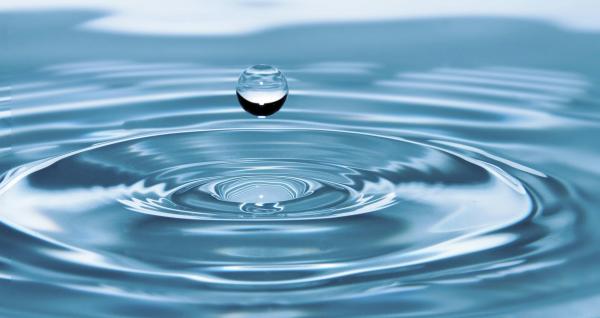New article explores transboundary water conflict and cooperation trends
4 Apr 2024 by The Water Diplomat

A study published on the 7th of March in the journal Water International explores findings and evolution in thinking on transboundary water conflict and cooperation over the last three decades.
As the authors point out, large proportions of the world’s water resources are transboundary in nature, including 313 shared river (and lake) basins, more than 300 wetlands and close to 600 aquifers. Over the years many academics have warned that pressures on these resources such as climate change, population growth and uneven economic development could generate the conditions for conflict between states.
However, so far, the evidence shows that in actual fact the majority – 67% - of interactions over transboundary freshwater resources have been cooperative and more than 650 agreements for the joint use of freshwater resources have been signed. Therefore, it is logical to ask the question to what extent shared waters harbour conditions conducive to conflict and/ or cooperation. This has been a line of inquiry for many researchers, in which many physical, political economic and institutional factors have been explored which could trigger either conflict or cooperation.
However, other researchers have pointed to the fact that conflict and cooperation are not individual events but a continuum in which conflict and cooperation can actually happen at the same time. In addition, it is not only at the state level that interactions over water take place, but in fact many different actors engage with each other over water resources. This has led to a more nuanced picture of water conflict and cooperation. Looking for factors that influence outcomes, the authors observe that each transboundary setting has a unique combination of factors that influence interactions over water, and that although cooperation outweighs conflict over the past decades, the most recent trend is one towards low levels of conflict.
Importantly, there does need to be institutional capacity in place to reduce the likelihood of conflicts, and therefore research has been focused on two critical issues, i.e. the presence (or absence) of both freshwater agreements and river basin organisations.
In the case of freshwater agreements, the terms of cooperation between states on the beneficial use of shared water resources has anchored in accords, of which there are now 209 in existence. There have been certain periods – especially the 1970’s, 1990’s and 2000’s which saw a rapid proliferation of agreements, and these have been particularly concentrated in Europe and Africa relative to other regions of the world. While early agreements focused on a limited number of issues such as water allocation, the contents of the agreements have become more comprehensive over time, especially stimulated by the Rio Declaration in 1992, the 1992 Helsinki convention and the 1997 UN Watercourses convention.
Similarly, the establishment of River Basin Organisations (RBOs) which institutionalise cooperation has been shown to have a considerable role in preventing and mitigating conflicts. However, this depends on the institutional capacity of the RBO in question and the existenc of specific provisions and mechanisms to deal with conflicts.
Nevertheless, even with an agreement and an RBO in place, there may be issues at play in a basin that are the result of power imbalances, either between states - whereby one state wields disproportionate amount of power – or in gender terms – whereby water governance is masculinised, leading to an underrepresentation of women in leadership roles.
For future research on transboundary conflict and cooperation, some emerging themes are for instance the effect of the increasingly ubiquitous availability of data on water, something that used to be the preserve of government institutions. Additionally, many transboundary agreements are anchored in cooperation on surface waters – which may or may not include groundwater – there are few examples of operational transboundary agreements on shared aquifers. Climate change and its impacts on transboundary cooperation are receiving more attention, as is the broader linkage to other key themes such as energy and food security.
In short, the understanding of transboundary conflicts and cooperation has changed significantly over the years. Data is emerging from databases such as the Transboundary Freshwater Diplomacy Database which has helped to cast light on the role of freshwater agreements and RBO’s. For the future, it will be necessary to develop a more nuanced picture which includes attention for power dynamics, representations of nature, indigenous and marginalised communities and women. Additionally, climate change and the impact of new technologies can be expected to present new opportunities and challenges for conflict and cooperation. Therefore, a much work remains on the research agenda in this area.
